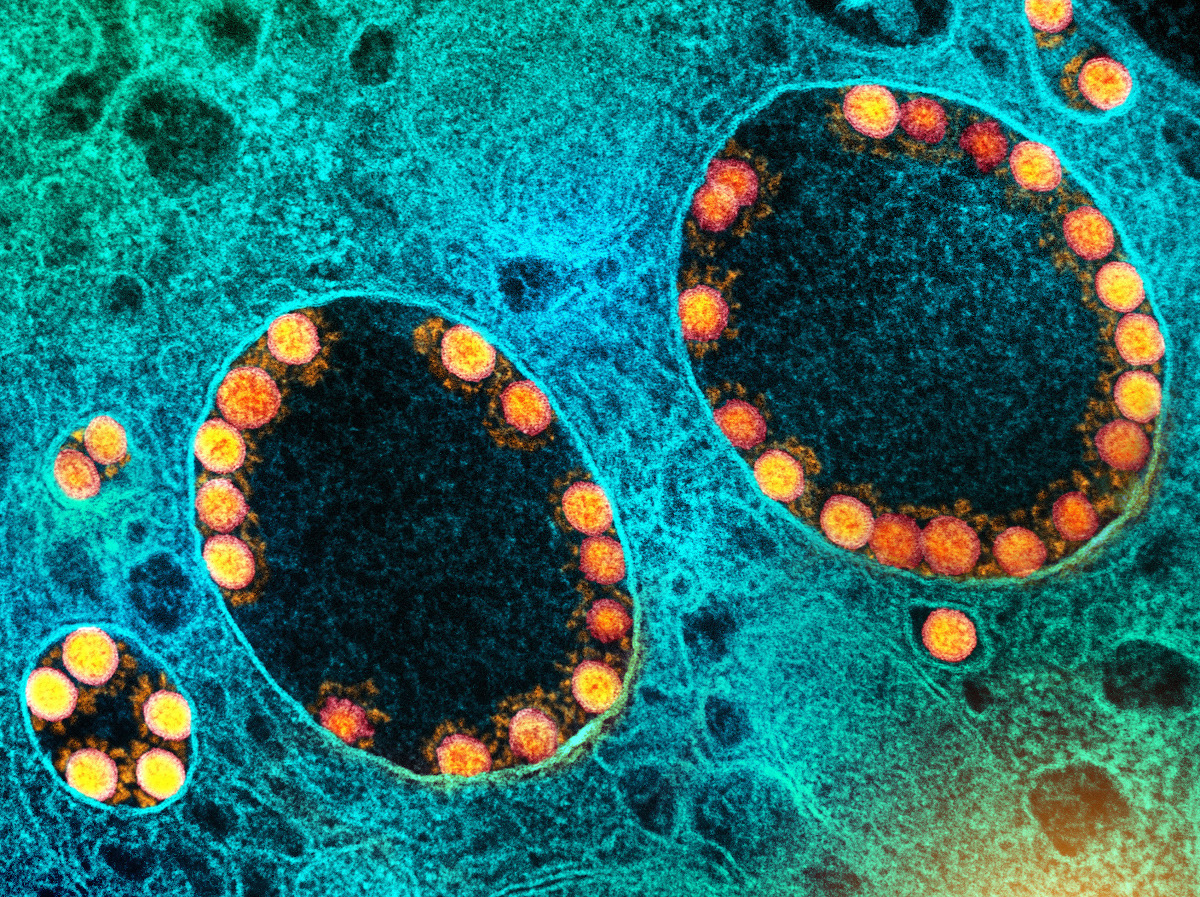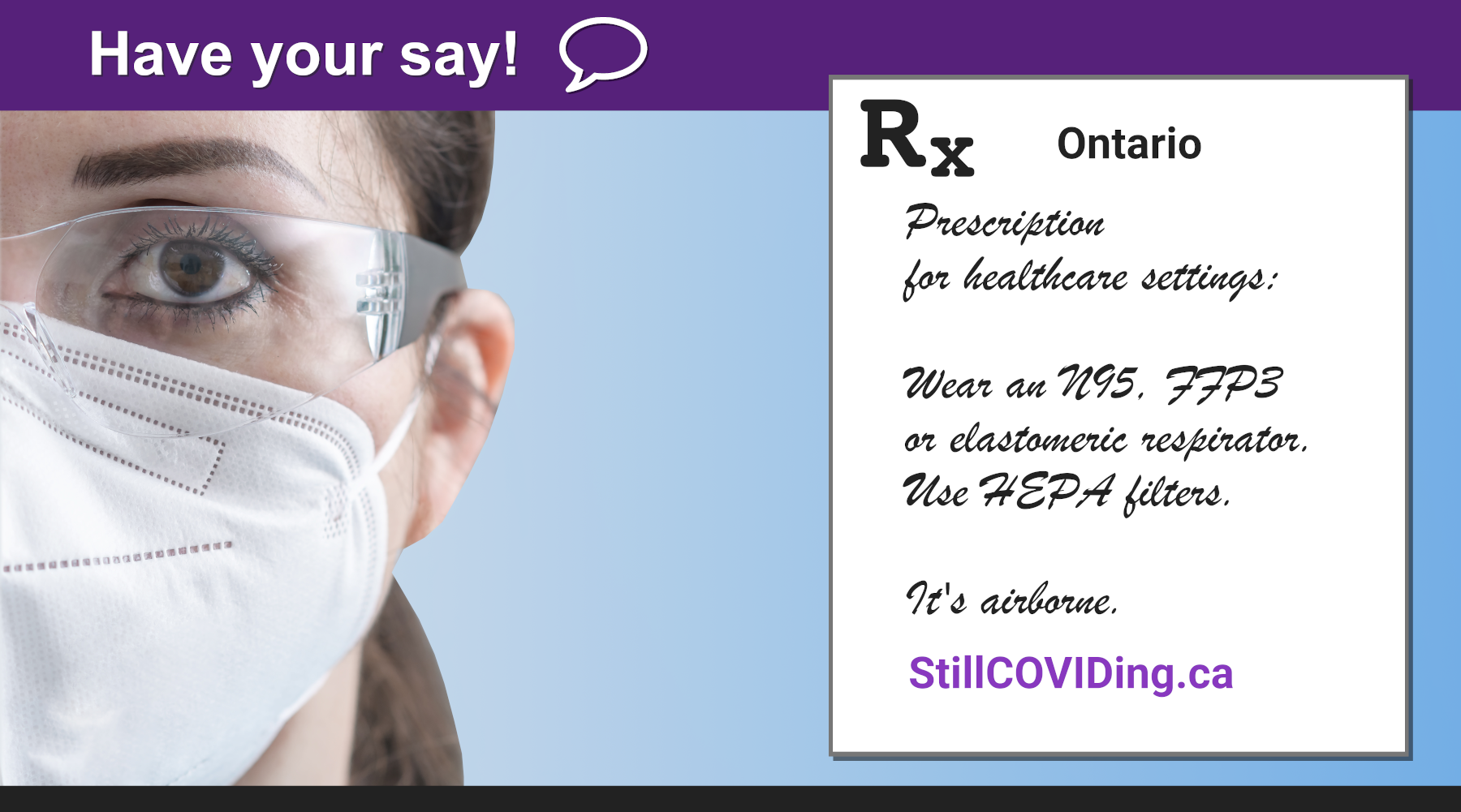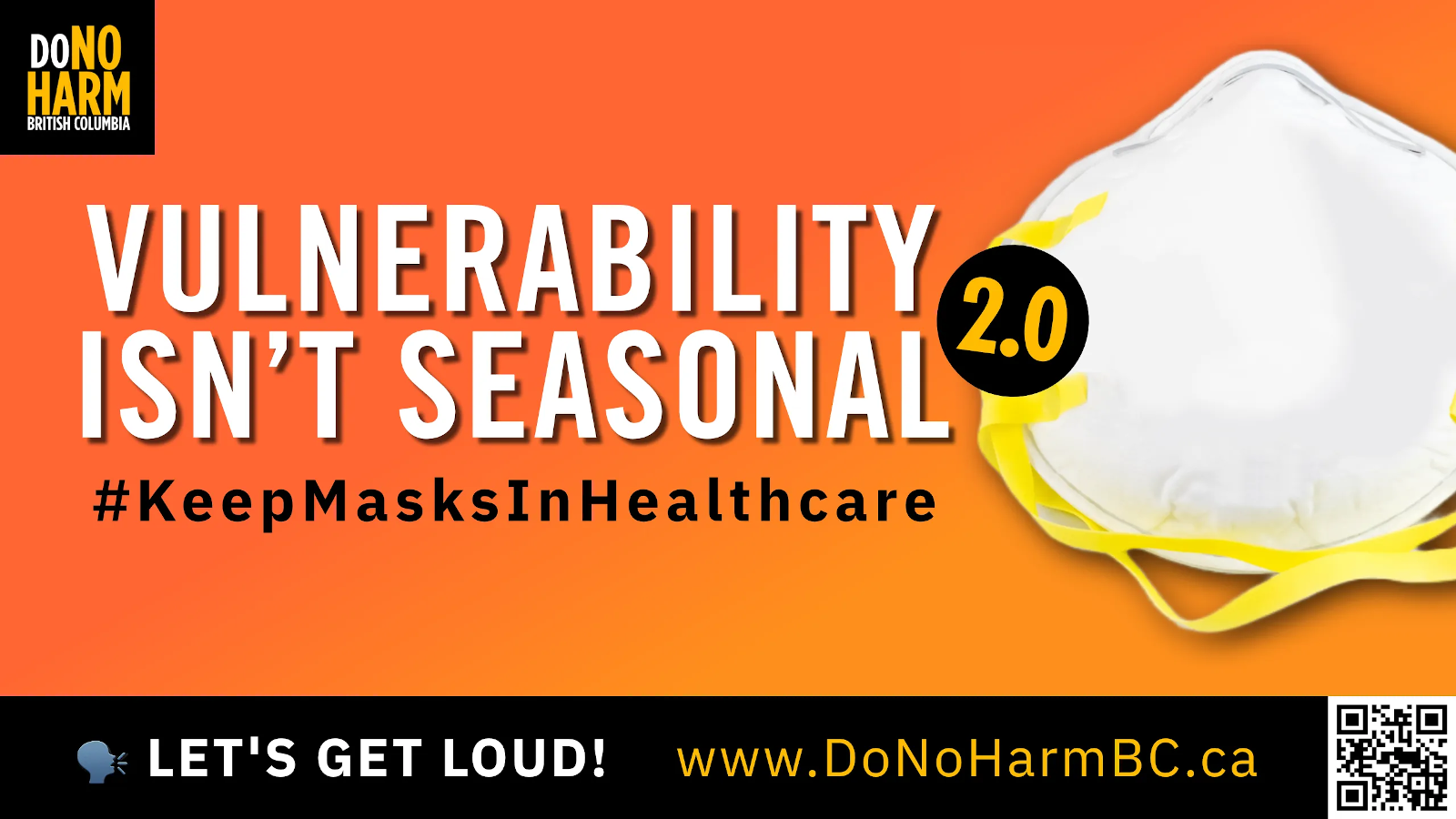Four years ago this week, there was only one subject on Canadians’ minds: the incipient COVID-19 pandemic. Schools and businesses were locked down in most of the country. The death count was appalling: close to 1,900 in the first full week of the month. In all, about 4,300 Canadians would die that May – with far more brutal waves of infection and death to come.
The story is much different today. Thanks to the rapid development, approval and delivery of vaccines – an amazing human accomplishment that isn’t celebrated enough – COVID-19 has been brought to heel and is now largely seen as just one more viral disease, like the flu or common cold. The availability of home testing kits means most people who become infected by the latest variants of the SARS-CoV-2 virus can manage the disease at home, and never trouble the health care system.
That’s good, but it hides the troubling fact that it is difficult to discern coherent policies at any level of government for continuing the fight against COVID-19, for dealing with its long-term effects, or for preparing for another pandemic.



